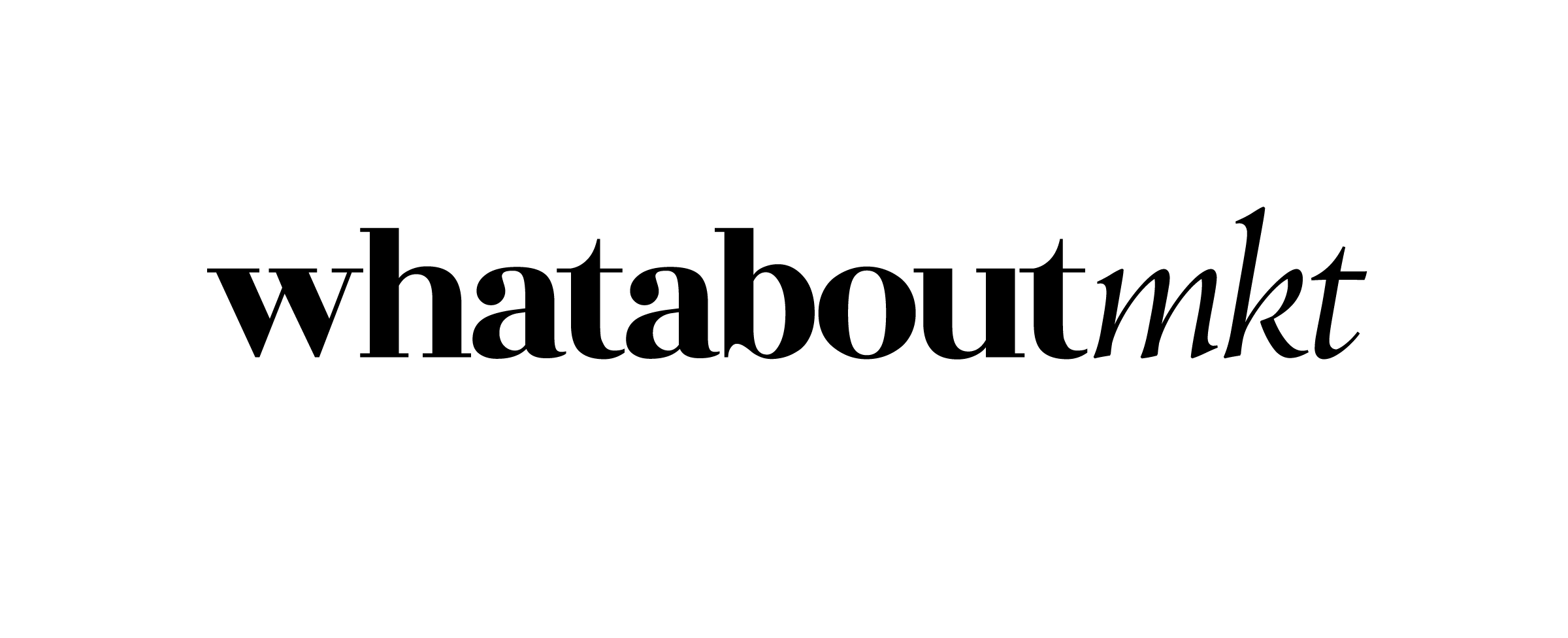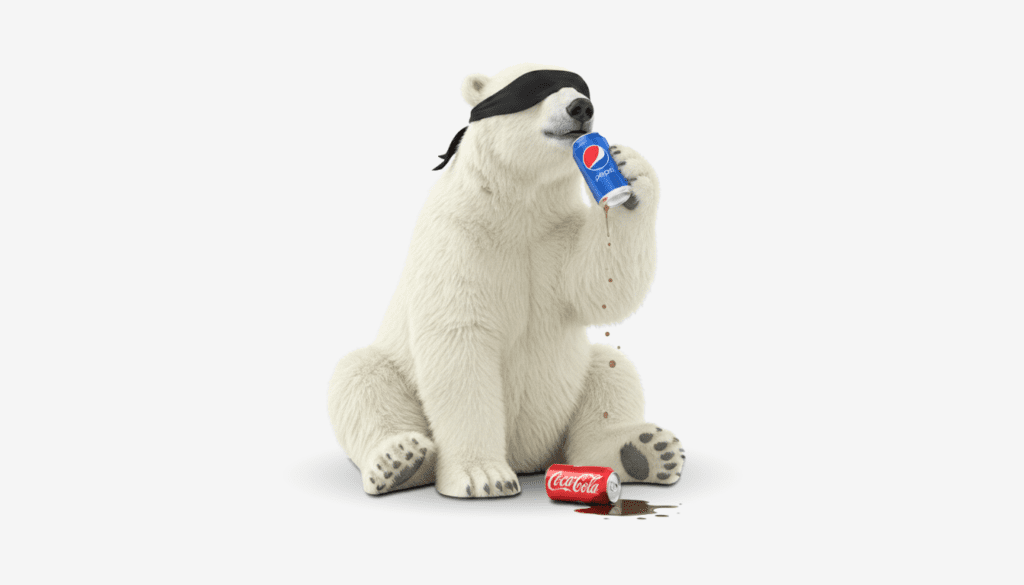Jeep has officially returned as Juventus’ front-of-shirt sponsor for the 2025 season, marking a symbolic and strategic reunion that stretches back to 2012. This renewed agreement encompasses the men’s first team. It extends to the Juventus women’s side and the Next Gen development squad, cementing a comprehensive brand presence across the competitive pyramid.
The announcement’s timing made public in mid-May 2025 during the reveal of the new 2025–26 kit was no coincidence. With the Italian club seeking to regain its commercial and reputational footing after a turbulent few years, Jeep’s renewed backing delivers a message of restored confidence and calculated ambition. The automaker, owned by Stellantis, is simultaneously undergoing its transformation, expanding its hybrid and electric vehicle lineup as it pivots toward a greener identity. This synergy makes the sponsorship renewal not just nostalgic but future-oriented.
A 14-Year Bond Rekindled
Jeep and Juventus first joined forces in the 2012–13 season, and over the past thirteen years, the relationship has yielded 33 titles across men’s, women’s, and youth competitions. According to JuveFC.com, the latest extension into the 2025–26 season and beyond represents a continuity of values: performance, ambition, and Italian heritage. More than just logo placement, Jeep’s presence has long been a marker of Juventus’ high-performance identity and global ambition.
This year’s deal, valued at €69 million (approximately USD 77 million) over three seasons, signifies a shift toward financial pragmatism. The structure includes €4 million for the remainder of the 2024–25 season, followed by €19 million in 2025–26, and rising to €23 million annually through mid-2028, according to Reuters and Sportcal. Though more conservative than previous arrangements, which reached up to €45 million annually, the recalibrated figures reflect Juventus’ cautious financial approach in the wake of its recent scandals and UEFA bans.
Shared Values, Expanded Visibility
Jeep’s renewed position brings visibility to Serie A audiences and across a diverse fan base engaged in women’s football and youth development. Including Juventus Next Gen and the women’s team signals a deliberate broadening of Jeep’s engagement strategy, extending its relevance across demographics and aligning with inclusive brand values.
Furthermore, the dual-sponsorship arrangement—shared with Visit Detroit, which contributes an additional €5–7 million annually—allows Jeep to retain exclusivity during European competitions. This calculated structure ensures both partners receive spotlight exposure in different contexts, with Jeep maintaining the more prestigious international stage.
Electrifying the Narrative
Beyond visibility, the partnership is ripe for strategic storytelling. Jeep’s pivot toward electrified mobility finds a natural stage in elite sport, where performance, endurance, and innovation are valued and essential. This gives Jeep a platform to amplify its sustainability messaging through Juventus-themed activations. As noted in Zawya and Media.Stellantis.com, potential initiatives could include eco-friendly kit launches, electric SUV roadshows, and fan engagement campaigns built around carbon-neutral goals.
Juventus’ new kits are made with eco-conscious materials, which serve as a visual and narrative anchor that underscores this synergy and aligns Jeep’s brand with environmental responsibility in a high-impact, emotionally resonant context.
From Crisis to Credibility
This sponsorship signals a reputational recalibration. The club is still navigating its “restitution phase,” recovering from recent economic and ethical missteps that resulted in European bans and diminished market confidence. Jeep’s return sends a stabilizing signal: a globally recognized brand believes in Juventus’ future. Jeep’s support may encourage further commercial partnerships and re-open doors across global markets.
The broader marketing implications also deserve attention. With the kit launch triggering significant social media buzz and early jersey pre-orders, the Jeep benefits from an immediate brand lift and emotional resonance among fans. Expect this to be leveraged in limited-edition co-branded merchandise drops and digital activations that tap into Juventus’ massive online following.
Strategic Risks, Measured Moves
Of course, there are inherent risks. Juventus’ fluctuating form and recent scandals still cast a shadow. If performance falters or controversies resurface, critics could question Jeep’s association. However, this can be mitigated with a content strategy focused on shared values, particularly sustainability, inclusivity, and resilience.
There’s also the issue of global visibility. While Juventus remains a powerhouse brand in Europe and Latin America, its visibility has waned in other key markets. Jeep would be wise to push bespoke content and fan campaigns tailored to these regions, especially as the brand targets electrification growth in North America and Asia.
To insulate the deal financially, performance-based bonuses tied to Champions League qualification or domestic success could ensure alignment of objectives and return on investment.









